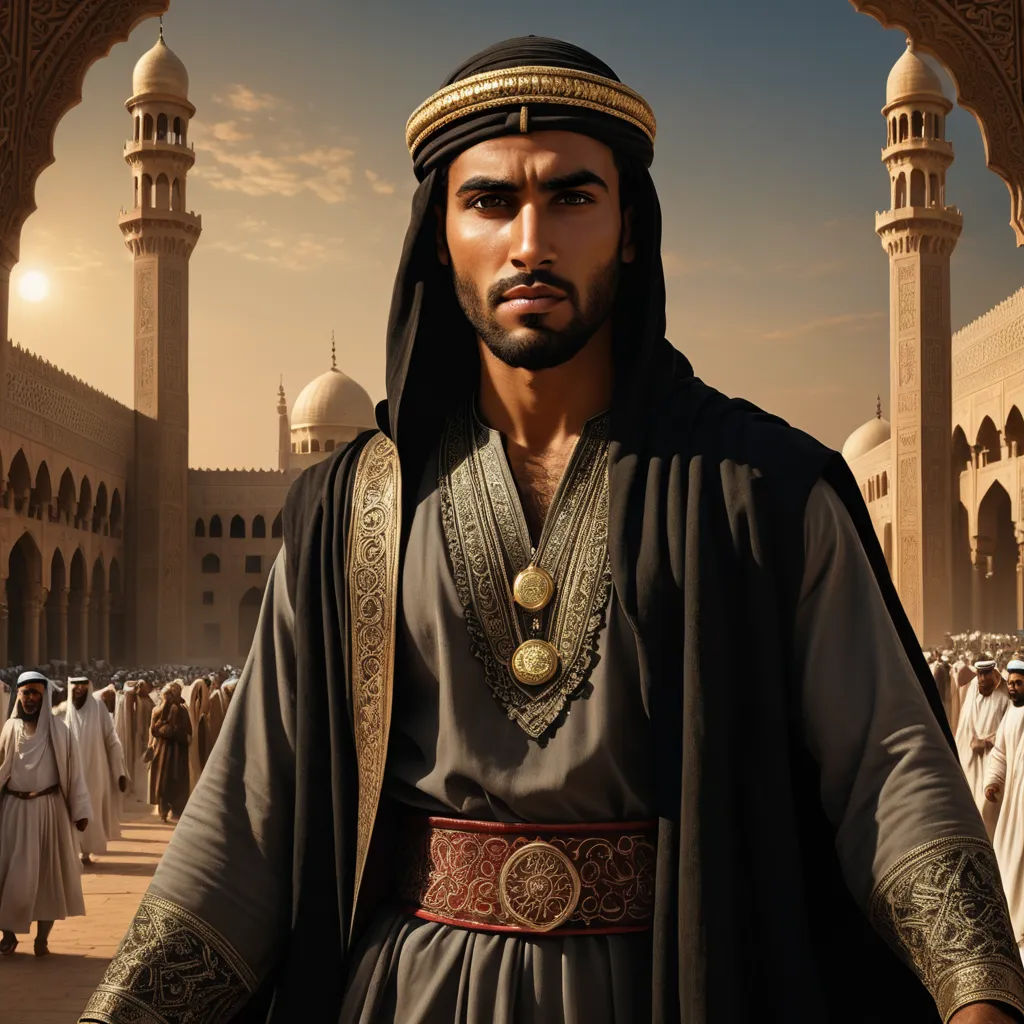
Umar Ibn al-Khattab: A Journey of Redemption
By hussam

11 Feb, 2024
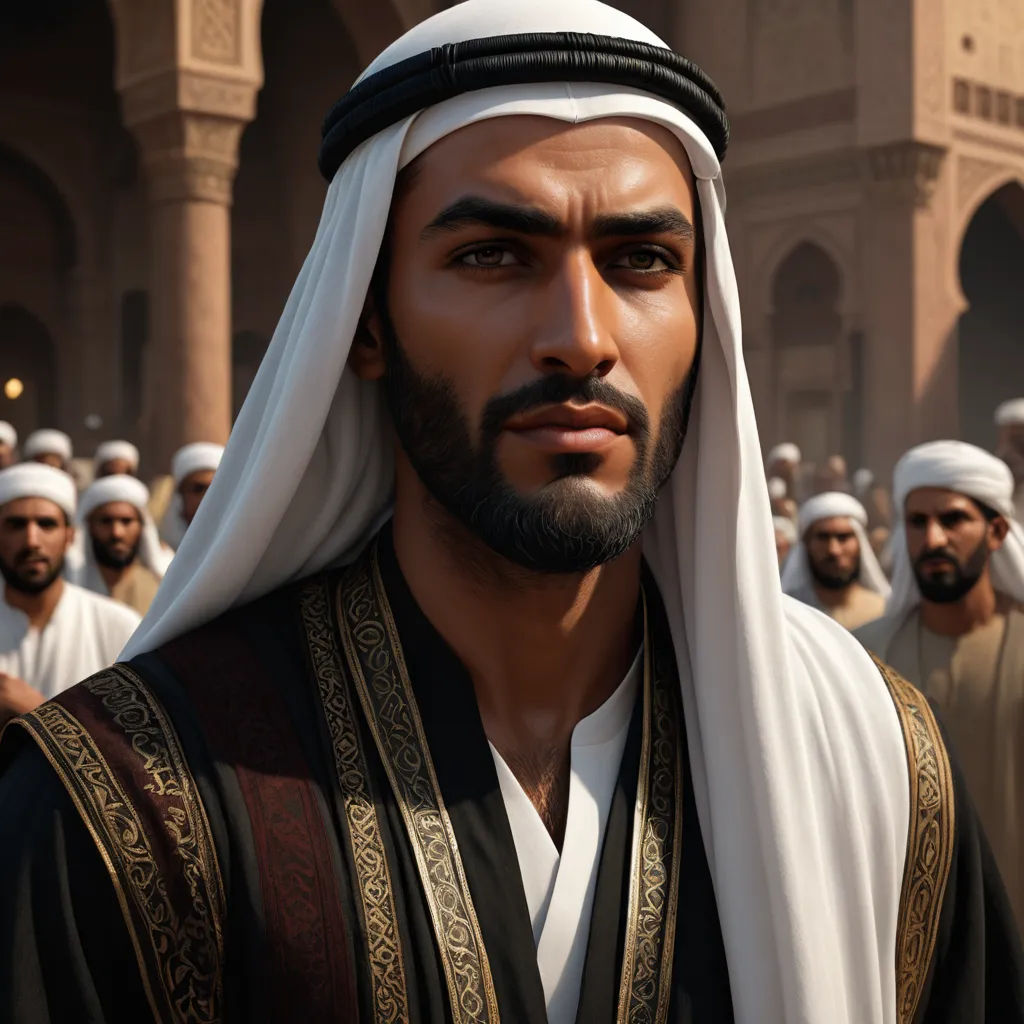
Umar Ibn al-Khattab, born in the year 583 CE, was raised in the heart of Mecca. The environment was steeped in ignorance with rampant idolatry and tribal feuds. Umar's father, Khattab, was a stern disciplinarian who pushed his son to surpass his peers.

Despite his harsh upbringing, Umar excelled in physical activities and became proficient in reading, a rare skill in that era. His father's stern discipline molded him into a strong and determined individual.
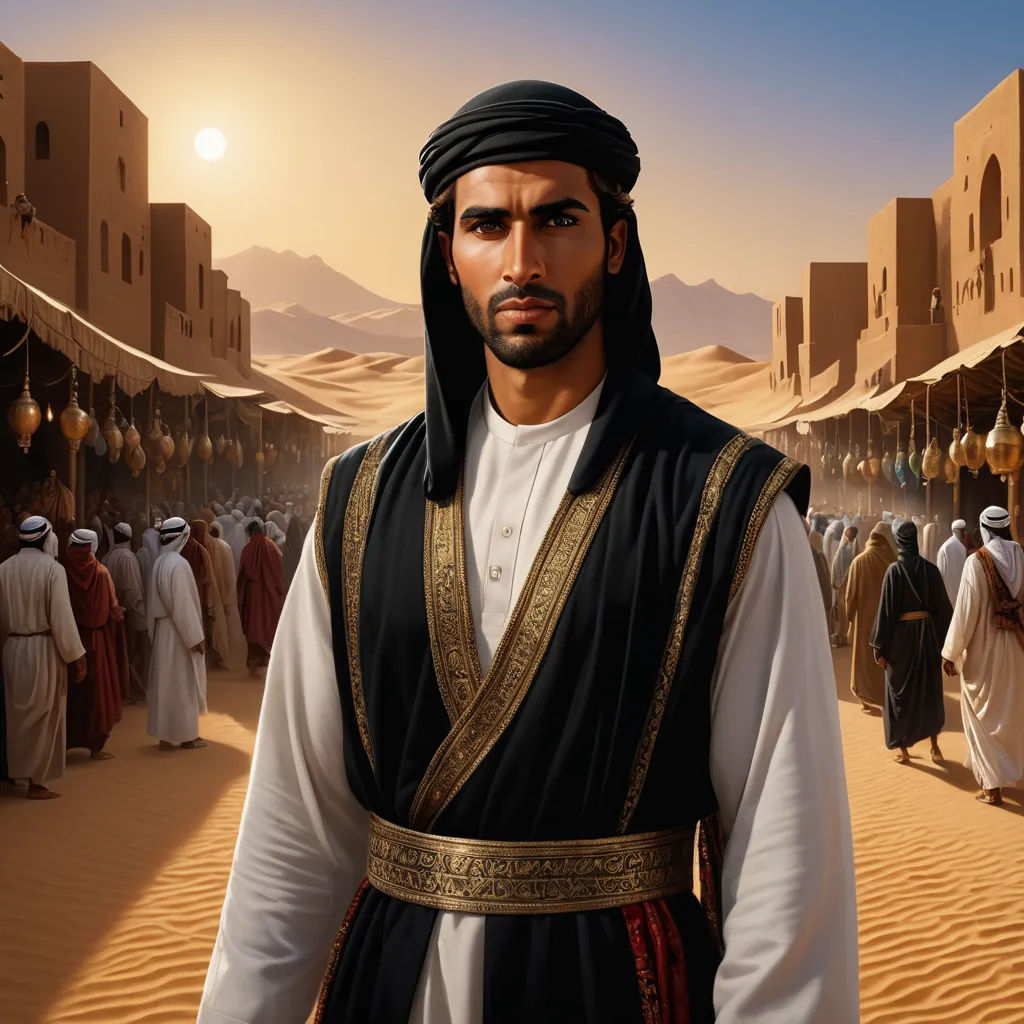
Umar became a prosperous trader, traveling across vast deserts and bustling cities. His journeys enhanced his understanding of Arab history, culture, and politics, making him a respected figure amongst his people.
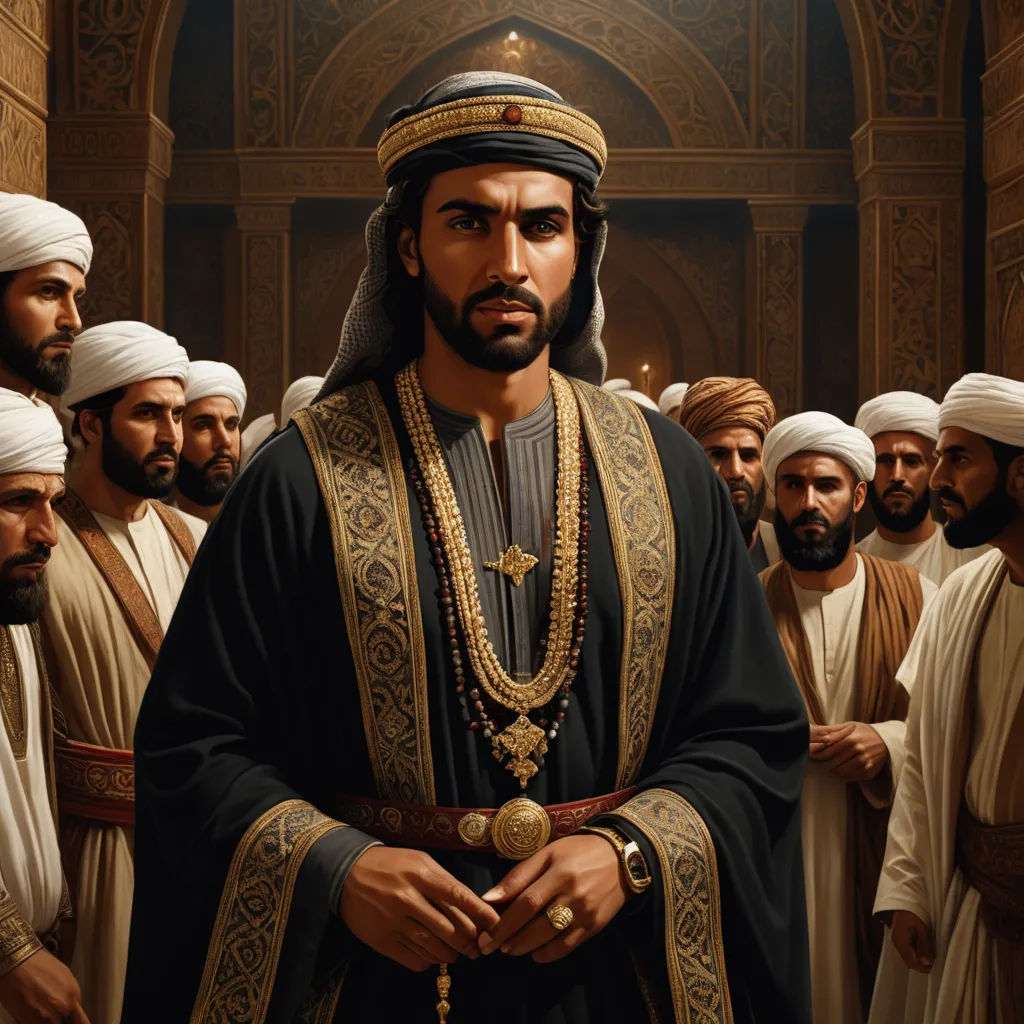
Known for his eloquence and wisdom, Umar was chosen as an ambassador for his tribe, Quraysh. He negotiated conflicts and represented his people with vigor and charisma, earning him the respect of his peers.
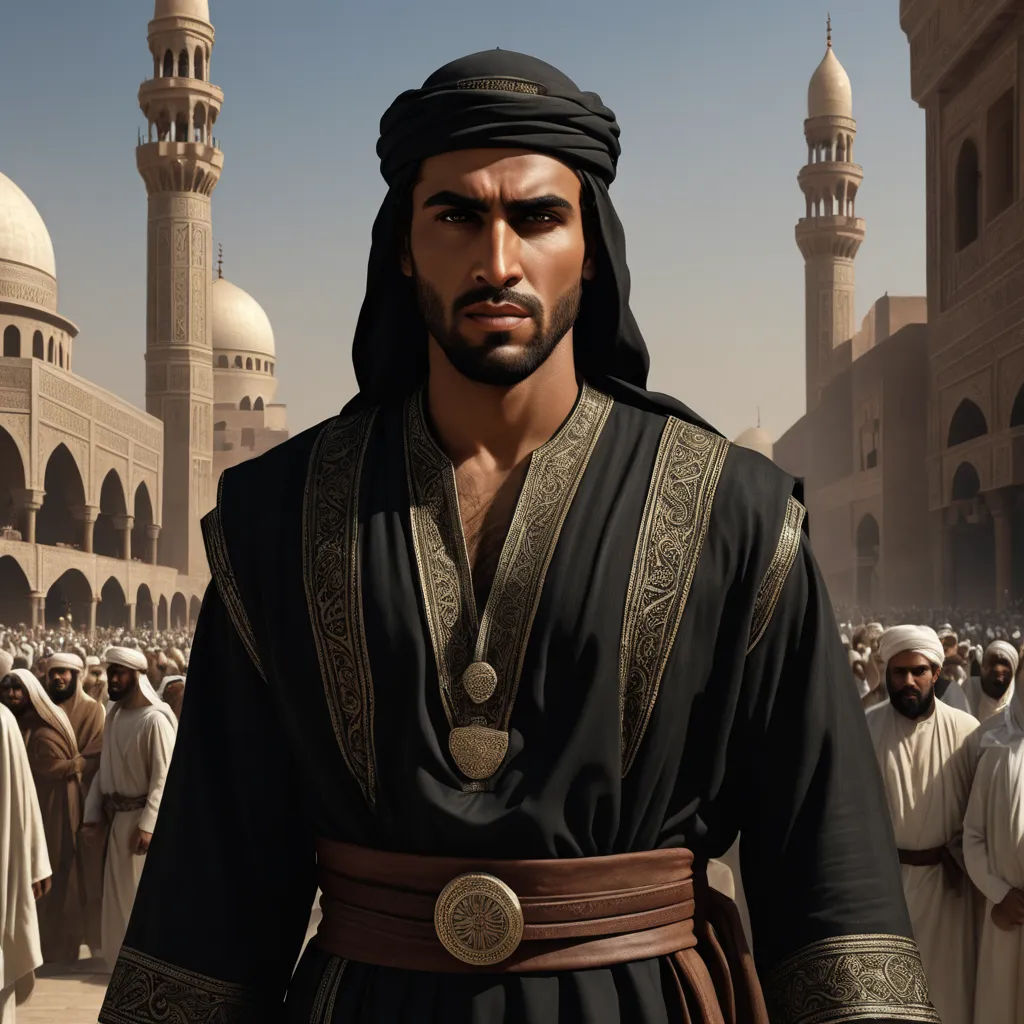
However, Umar was initially hostile towards Islam. He vehemently opposed Prophet Muhammad and his teachings, refusing to accept the new religion that was slowly spreading across Mecca.
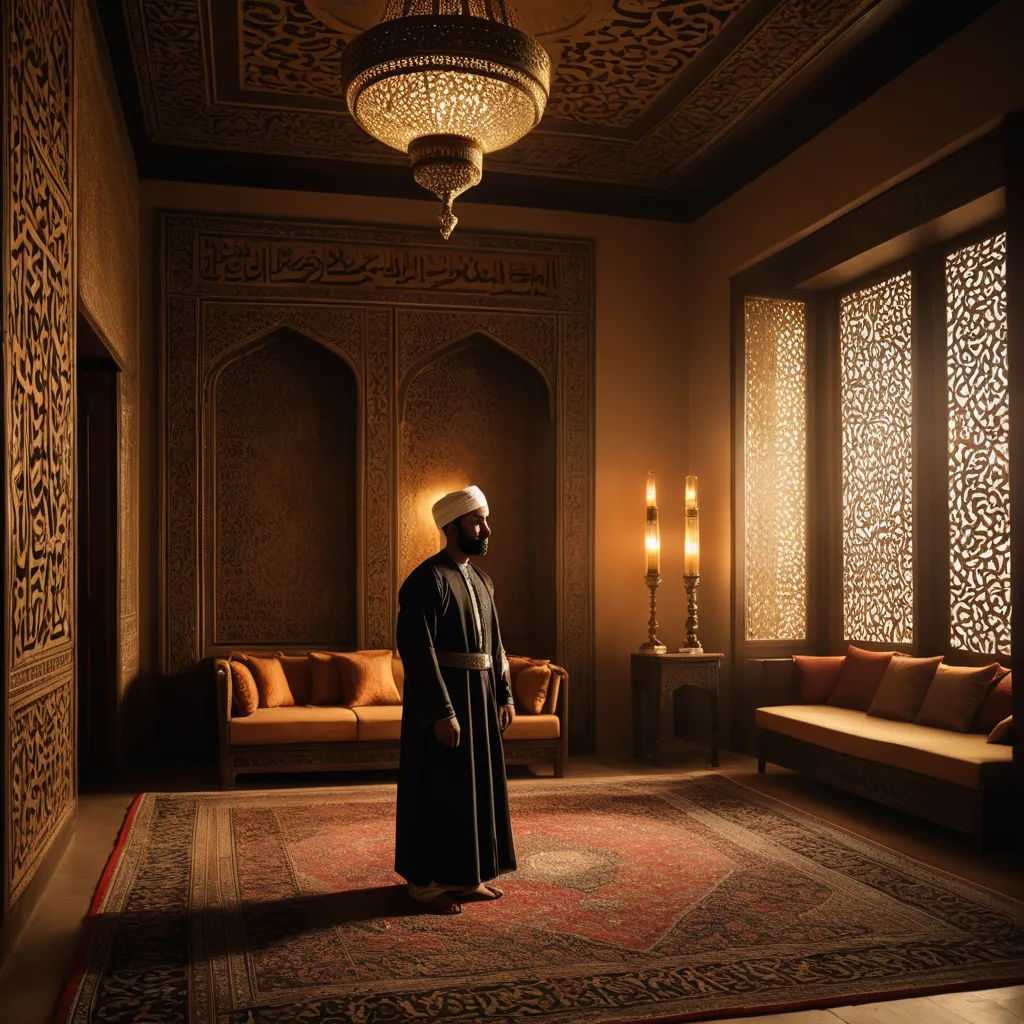
His conversion to Islam was unexpected. It happened when he went to confront his sister and her husband about their new faith. The verses they recited struck him, leading to his own acceptance of Islam.
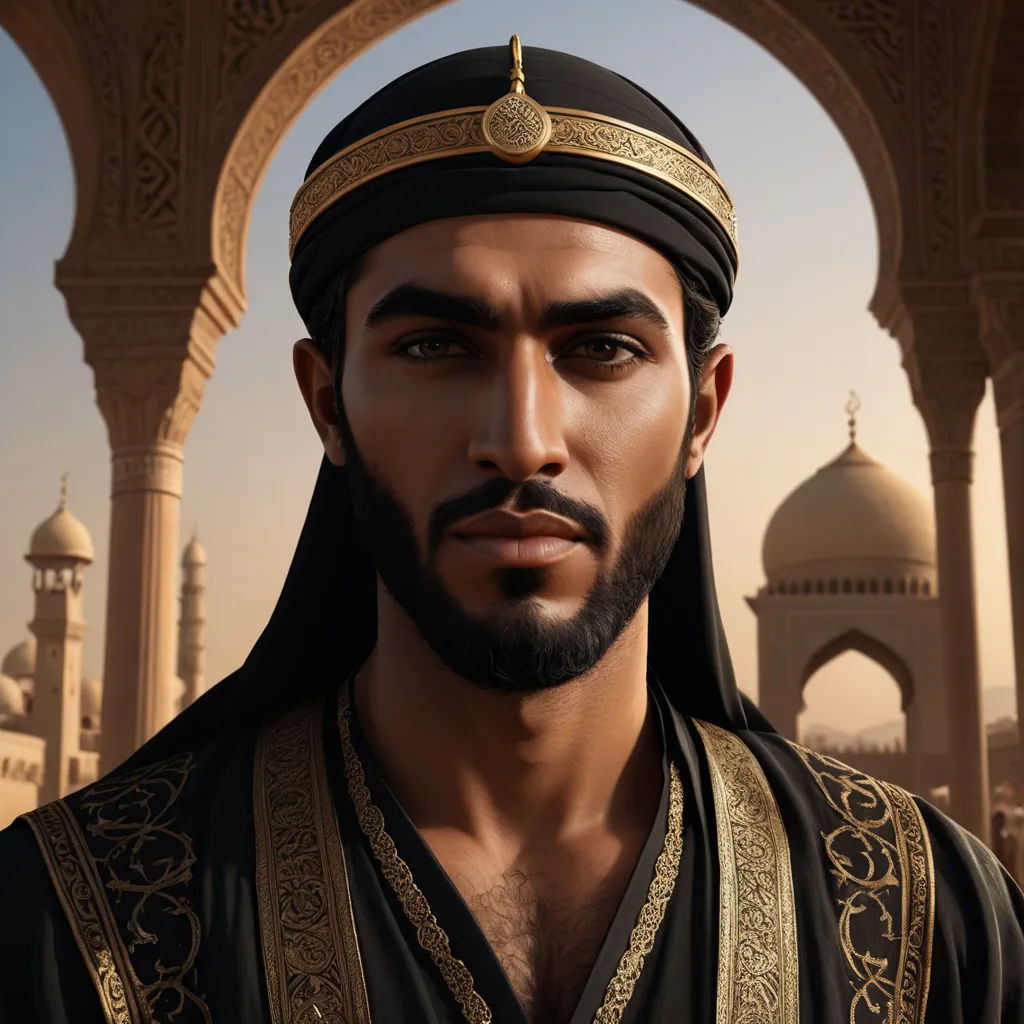
Umar's conversion to Islam in 616 CE marked a significant turning point. From being an opponent, he became one of the staunchest supporters of the new faith. His strength and influence played a significant role in the early days of Islam.

When it was time for Umar to migrate to Medina, he did not do so in secret. Instead, he boldly announced his intentions in front of the Quraysh at the Kaaba, displaying his unwavering commitment to his new faith.

On his journey to Medina, he used the opportunity to teach others about Islam, especially the weak and the oppressed. This act demonstrated his dedication to spreading the teachings of his new faith.
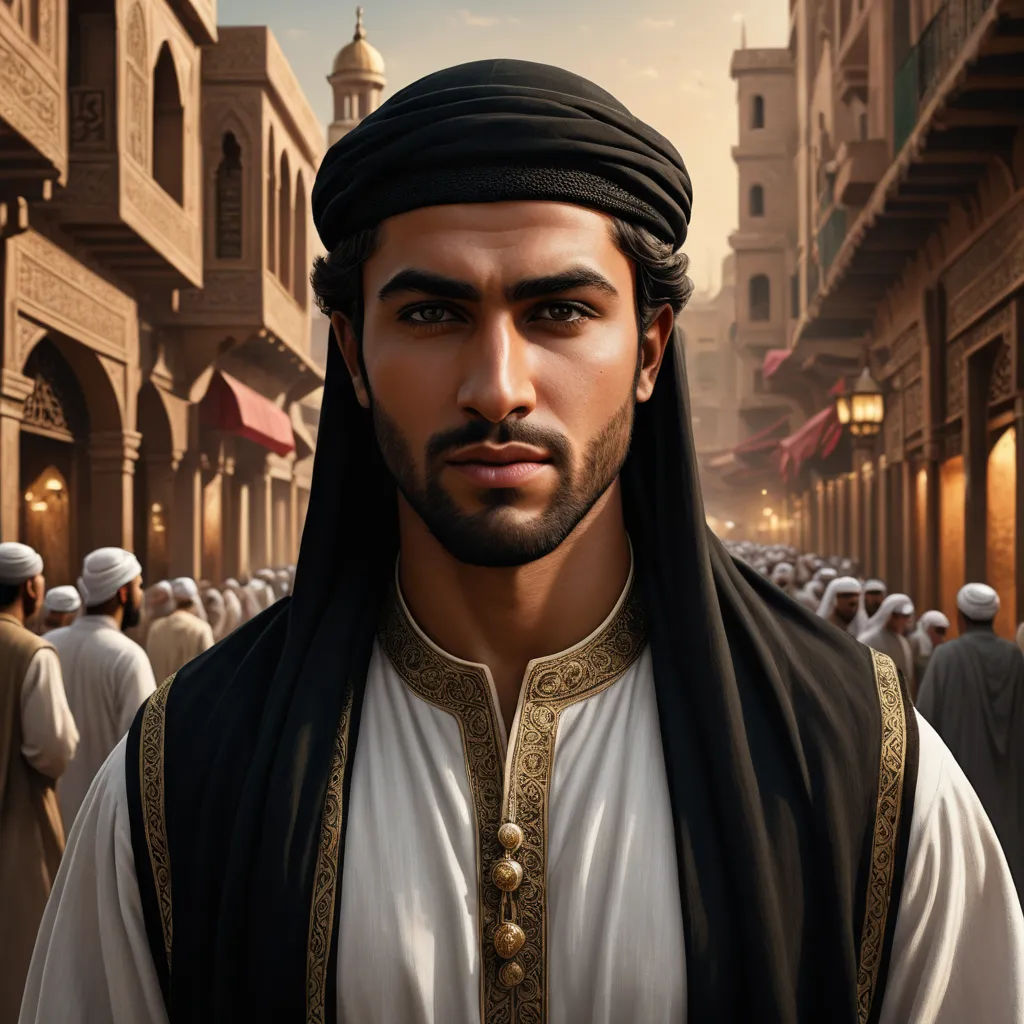
Umar's caliphate began after Abu Bakr's death. His rule was marked by justice, mercy, and firmness. His wisdom and strong leadership helped the Muslim community thrive and expand.

Under Umar's leadership, the Islamic empire expanded significantly. He instituted several reforms, such as the implementation of the lunar calendar, which played a crucial role in shaping the Islamic civilization.
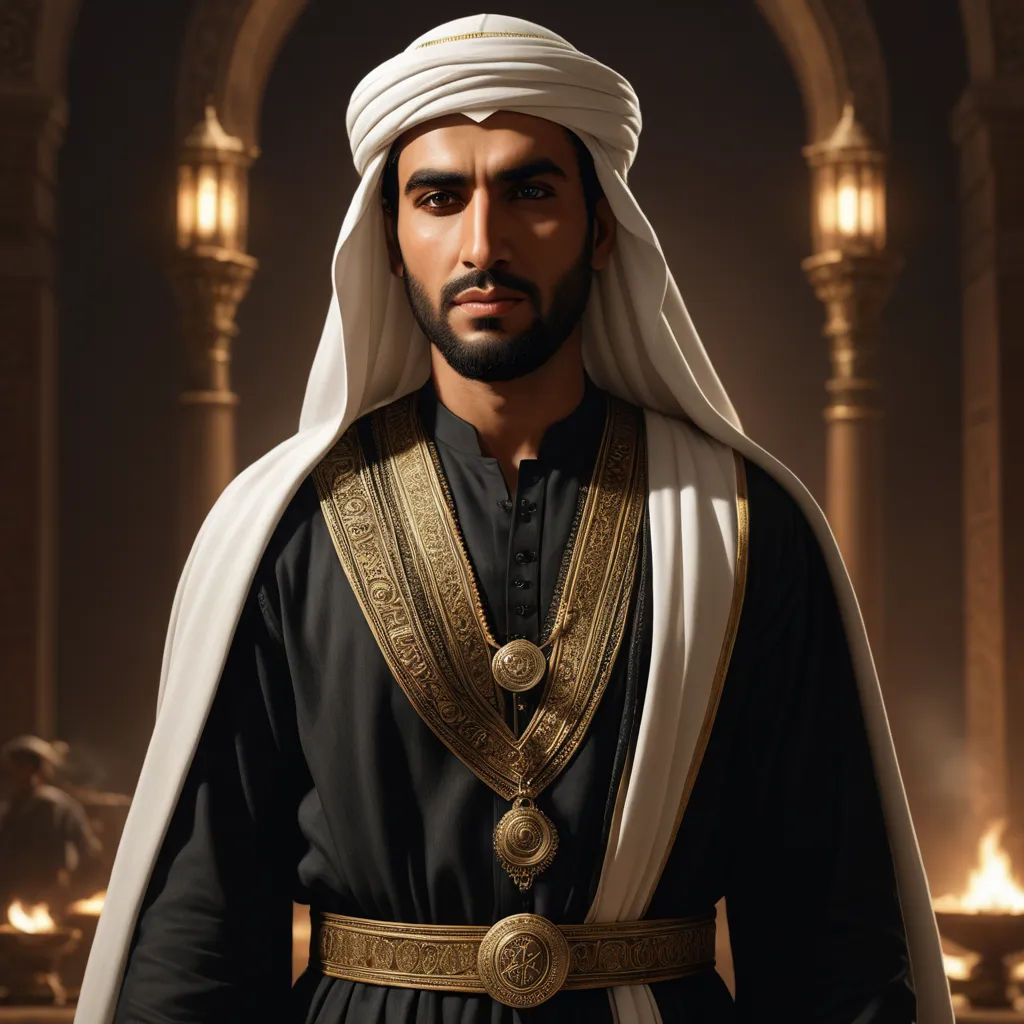
Umar also established measures for administrative accountability and civil order. His rule was synonymous with justice, and his name became a beacon of righteousness and fairness.
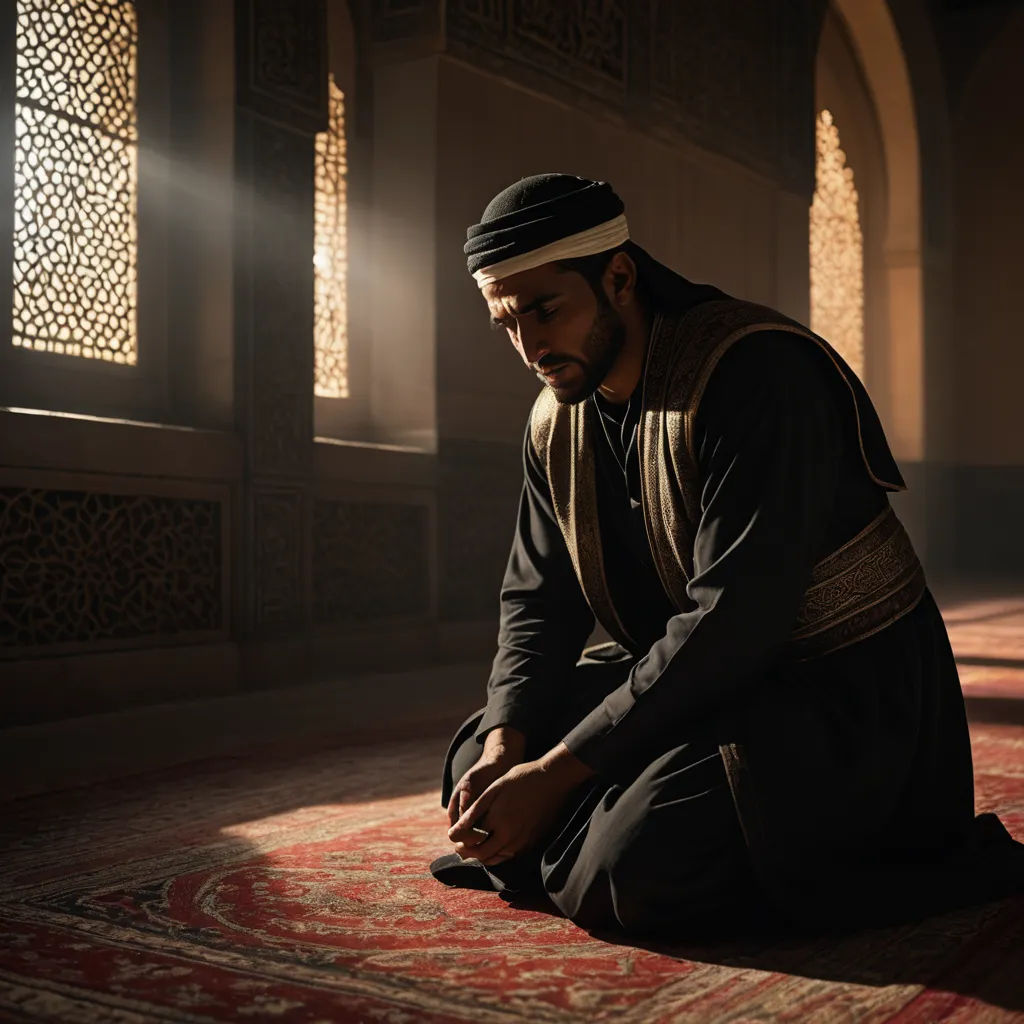
However, Umar's life ended tragically when he was assassinated during Fajr prayer. Despite his injuries, he continued praying, demonstrating his unwavering faith even in the face of death.

His last moments were marked by his gratitude that his assailant was not a Muslim. This showed his deep love for Islam and the Muslim community. He passed away shortly after, leaving behind a legacy of justice and wisdom.
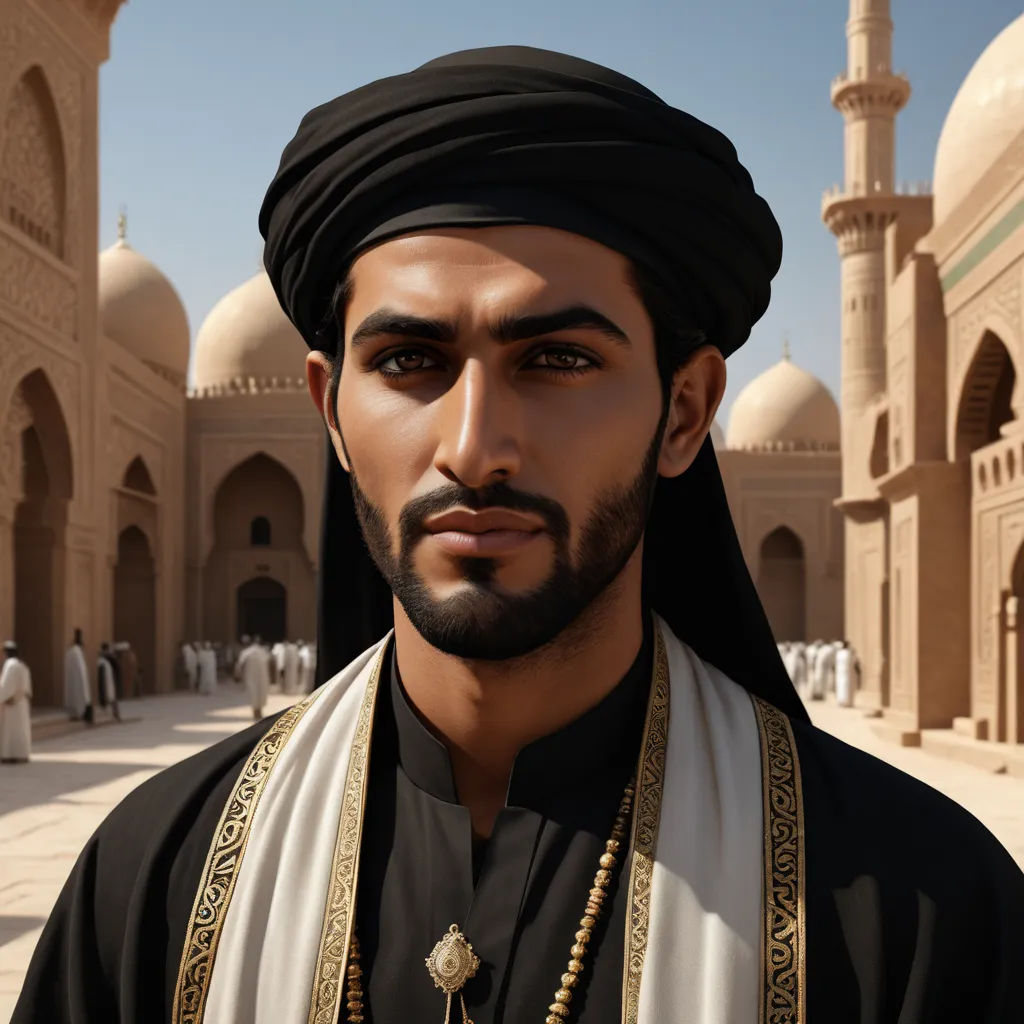
Umar was buried next to Prophet Muhammad and Abu Bakr in Medina. His resting place became a symbol of his esteemed status amongst the companions and the significant role he played in the early days of Islam.
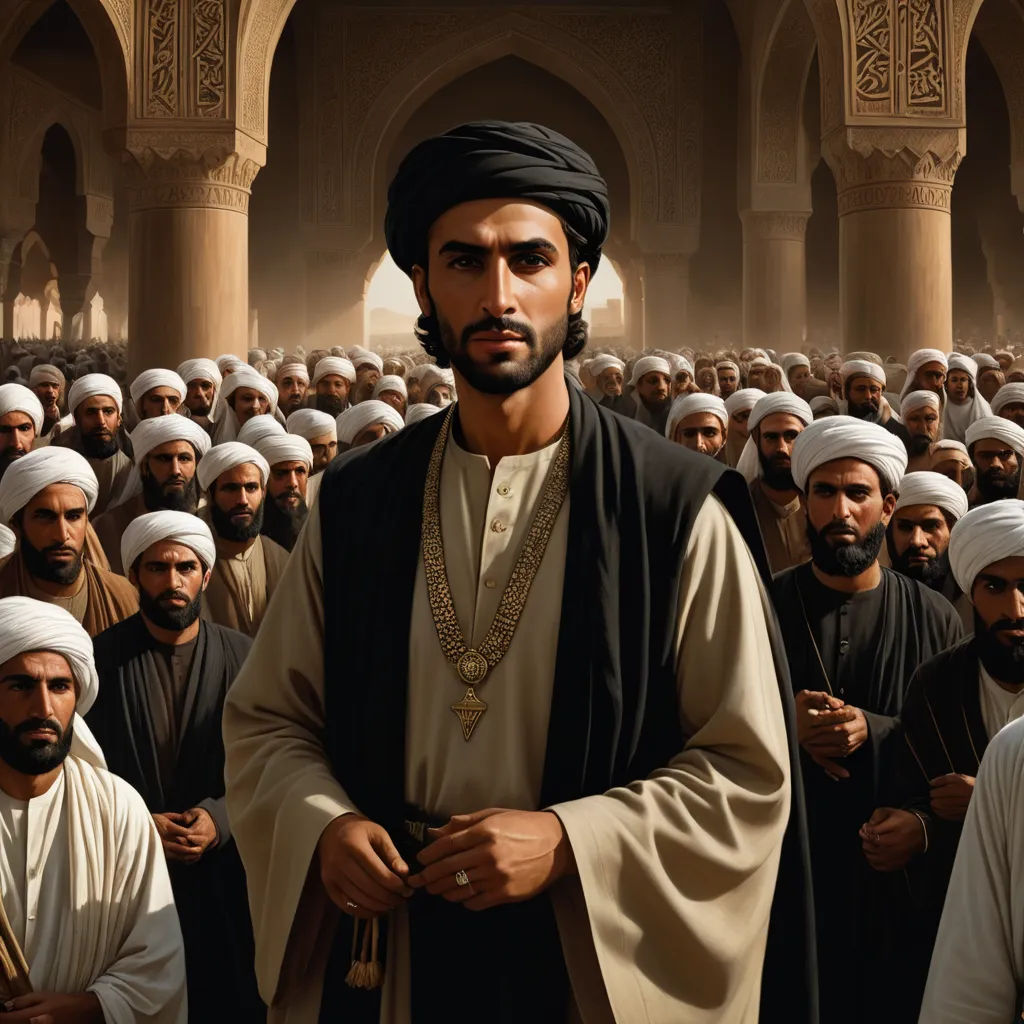
His wisdom and eloquence continue to inspire millions of Muslims worldwide. His teachings and sayings remain a source of guidance, reflecting his deep understanding of the religion and his commitment to its values.

Umar's journey from a fierce opponent of Islam to one of its strongest supporters is a testament to his remarkable transformation. His story continues to inspire countless individuals, reminding them of the power of faith and the importance of justice.
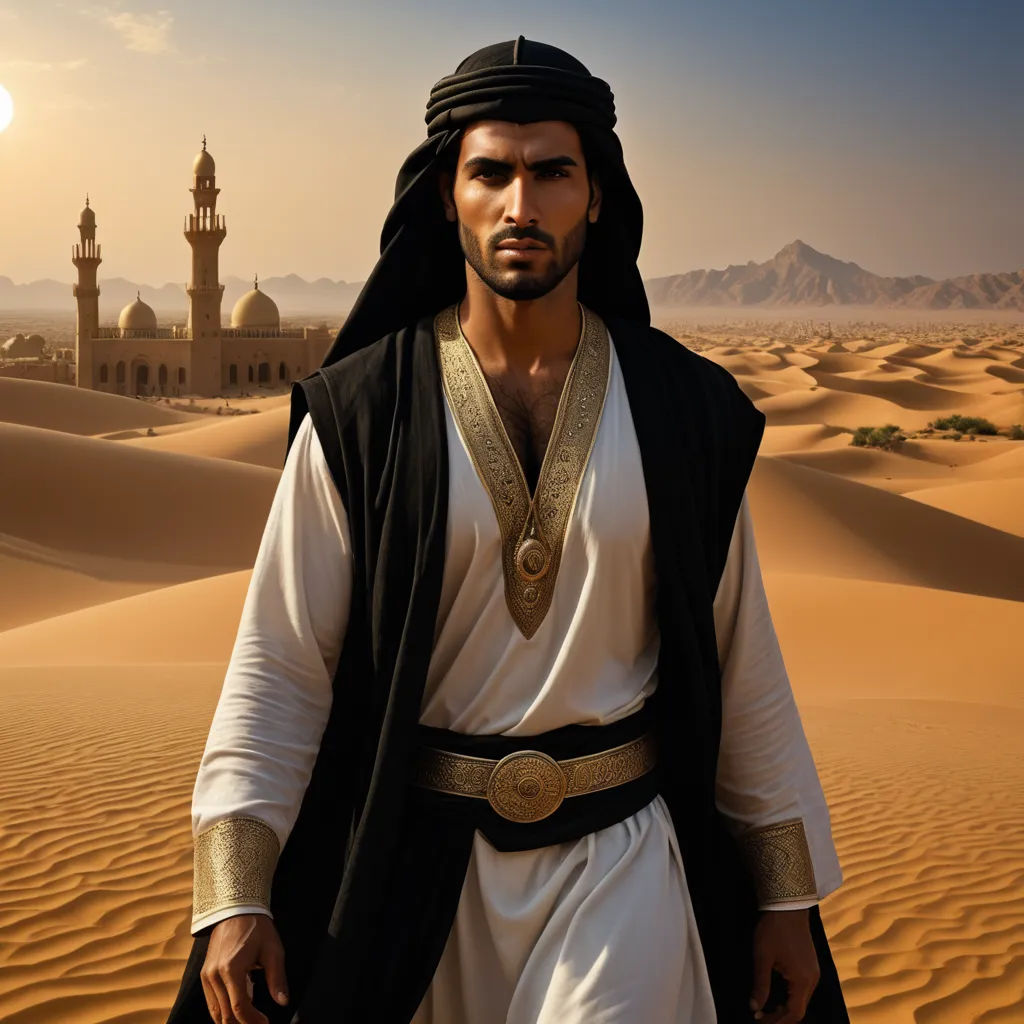
The story of Umar Ibn al-Khattab is a journey of redemption. It is a tale of a man who transcended his past, embraced a new faith, and used his influence to spread justice and wisdom.
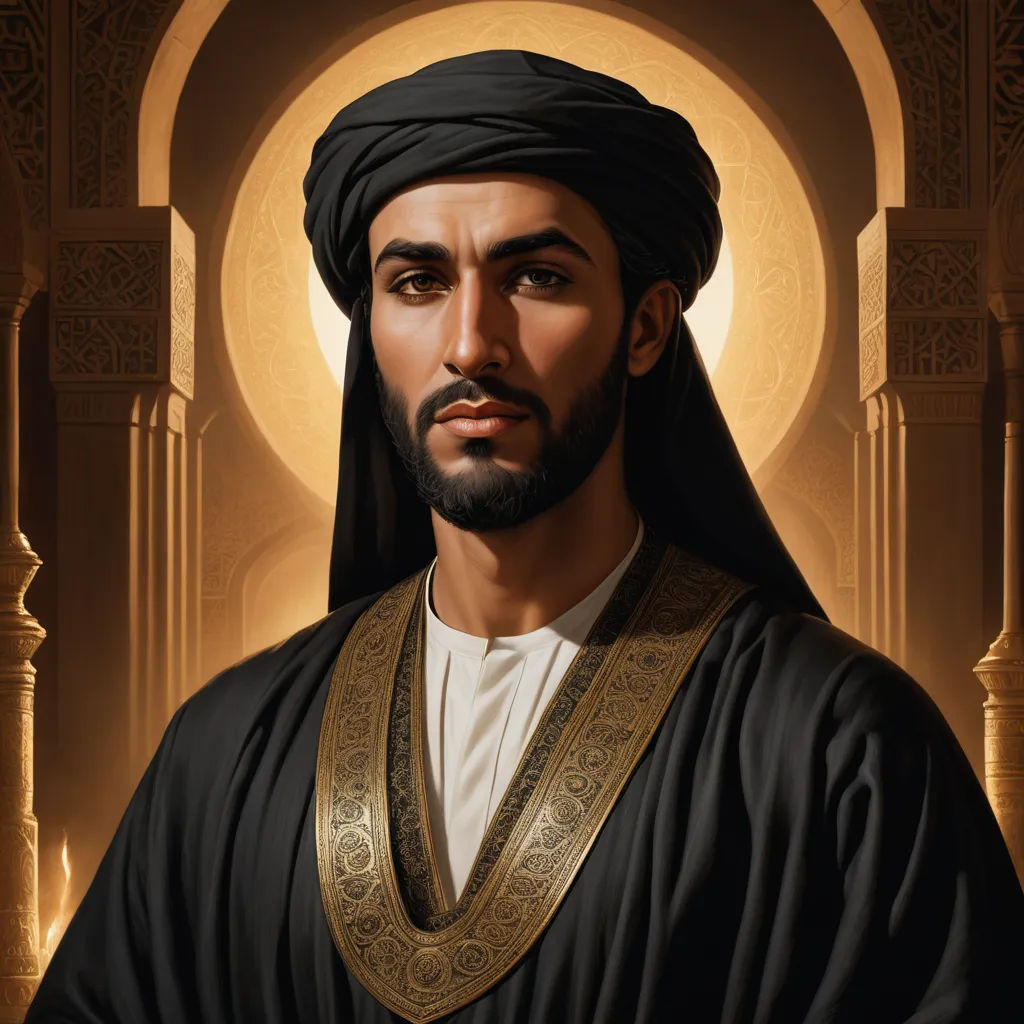
His legacy continues to be a beacon of light, guiding millions on their path towards righteousness. Umar Ibn al-Khattab's life is a testament to the transformative power of faith and the profound impact of steadfast commitment to justice and truth.

From Mecca to Medina, Umar's journey encapsulates his unwavering devotion to Islam. His life serves as a powerful reminder of the importance of faith, justice, and wisdom in shaping a prosperous and harmonious society.
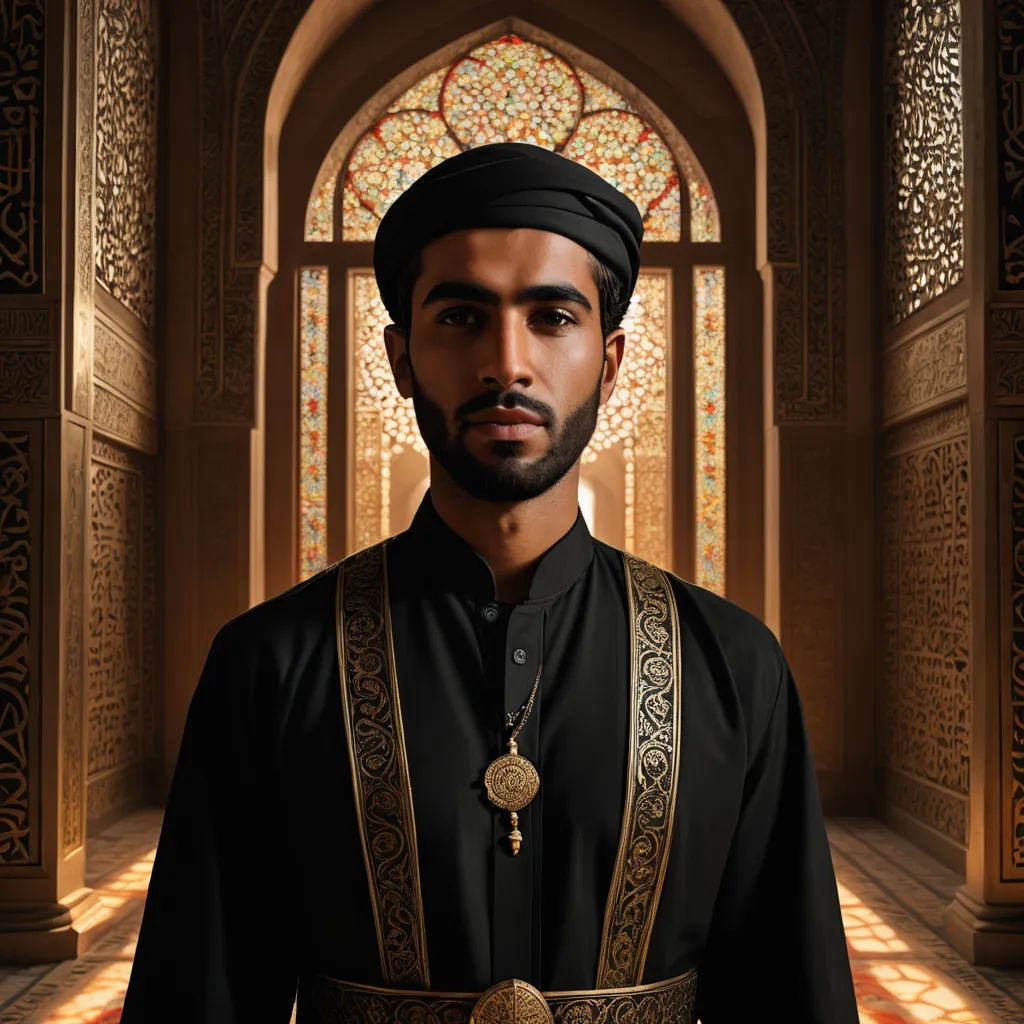
Umar's influence extended beyond his lifetime, leaving an indelible mark on the pages of Islamic history. His legacy continues to inspire, guide, and enlighten, making his story one of redemption, faith, and justice.
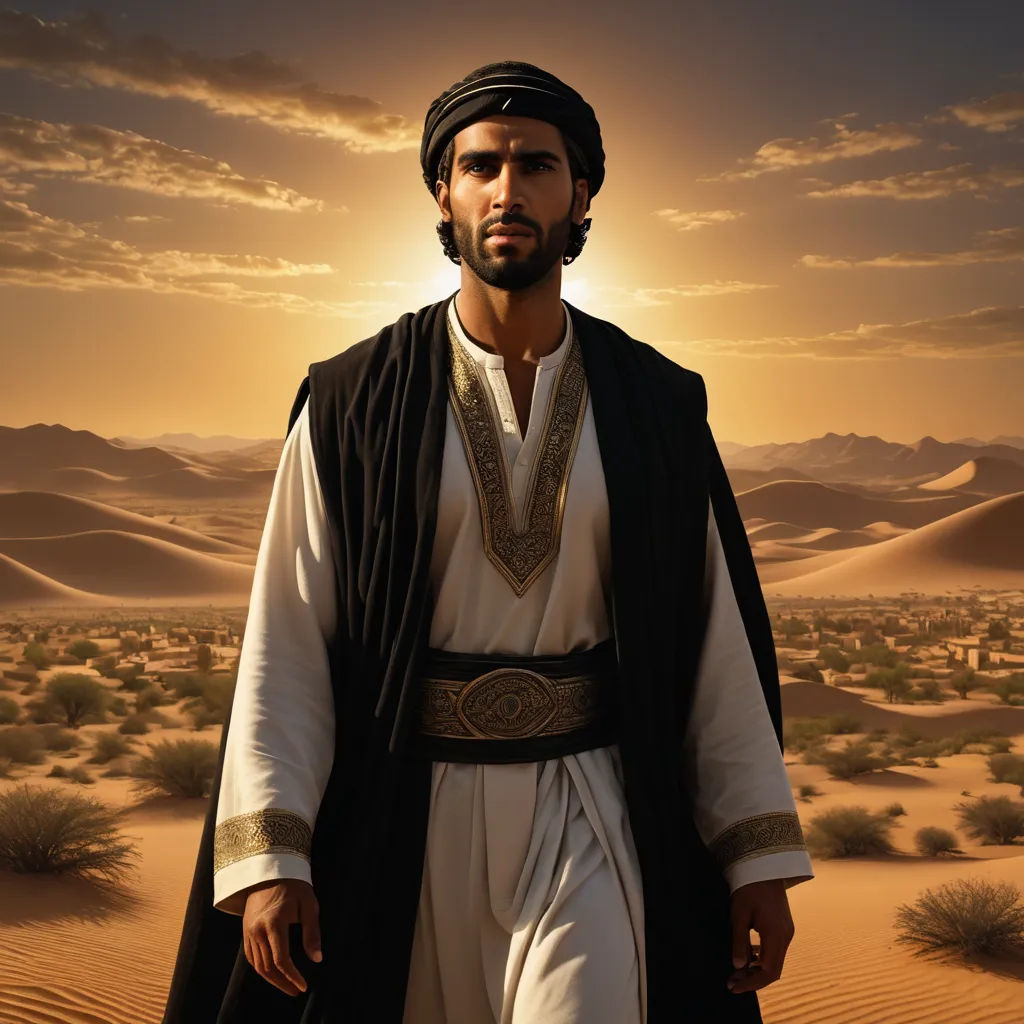
His life demonstrates the transformative power of faith and the profound impact it can have on an individual's life. Umar's story is a testament to his remarkable journey from an opponent of Islam to one of its strongest supporters.
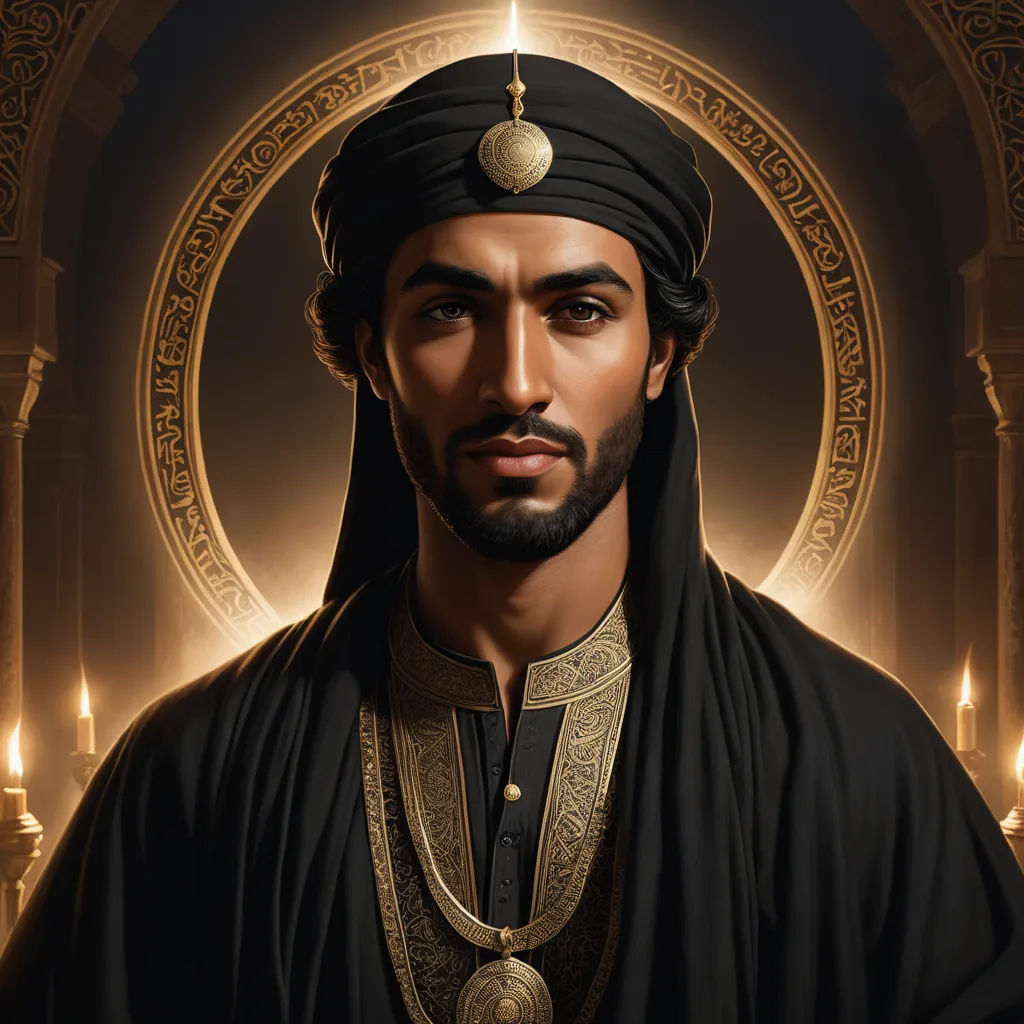
Umar's commitment to justice and fairness continues to resonate with millions around the world. His teachings and sayings remain a source of inspiration and guidance, reflecting his deep understanding of religion and his commitment to its values.

His wisdom, eloquence, and foresight are immortalized in his sayings. They serve as a beacon of guidance for those seeking to understand the essence of Islam and its teachings.
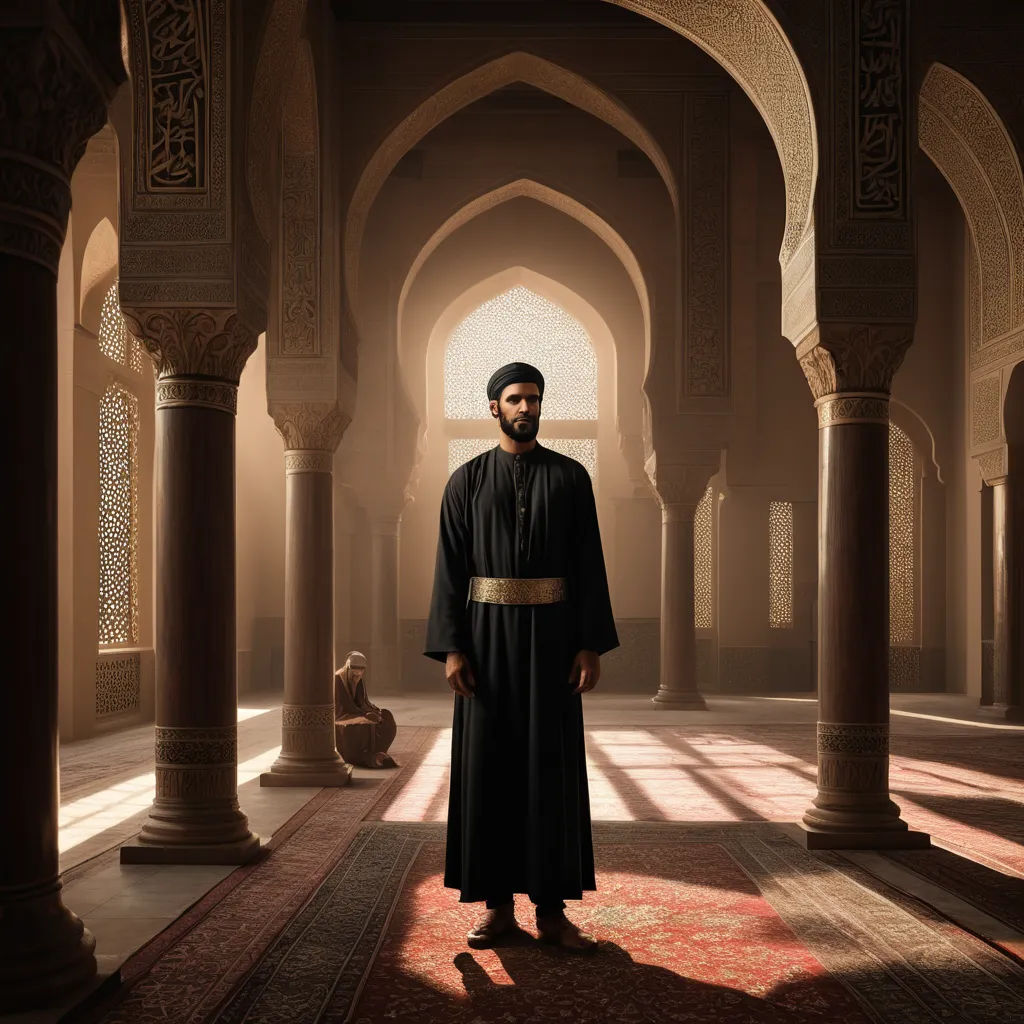
Umar's life is a testament to the transformative power of faith and the profound impact it can have on an individual's life. His journey from a staunch opponent of Islam to one of its greatest proponents is truly inspiring.
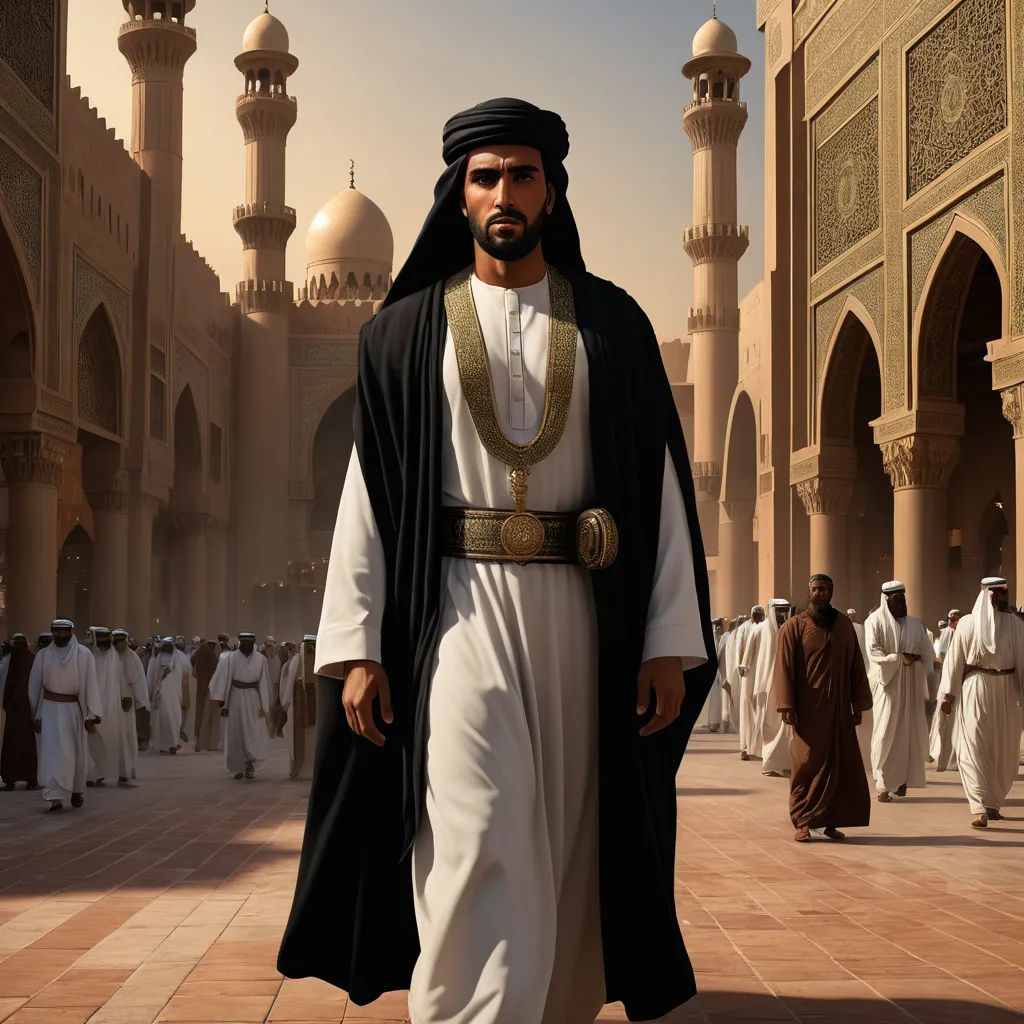
From his upbringing in Mecca to his conversion to Islam and his just rule as caliph, Umar's life is a testament to his remarkable transformation. His story continues to inspire countless individuals, reminding them of the power of faith and the importance of justice.
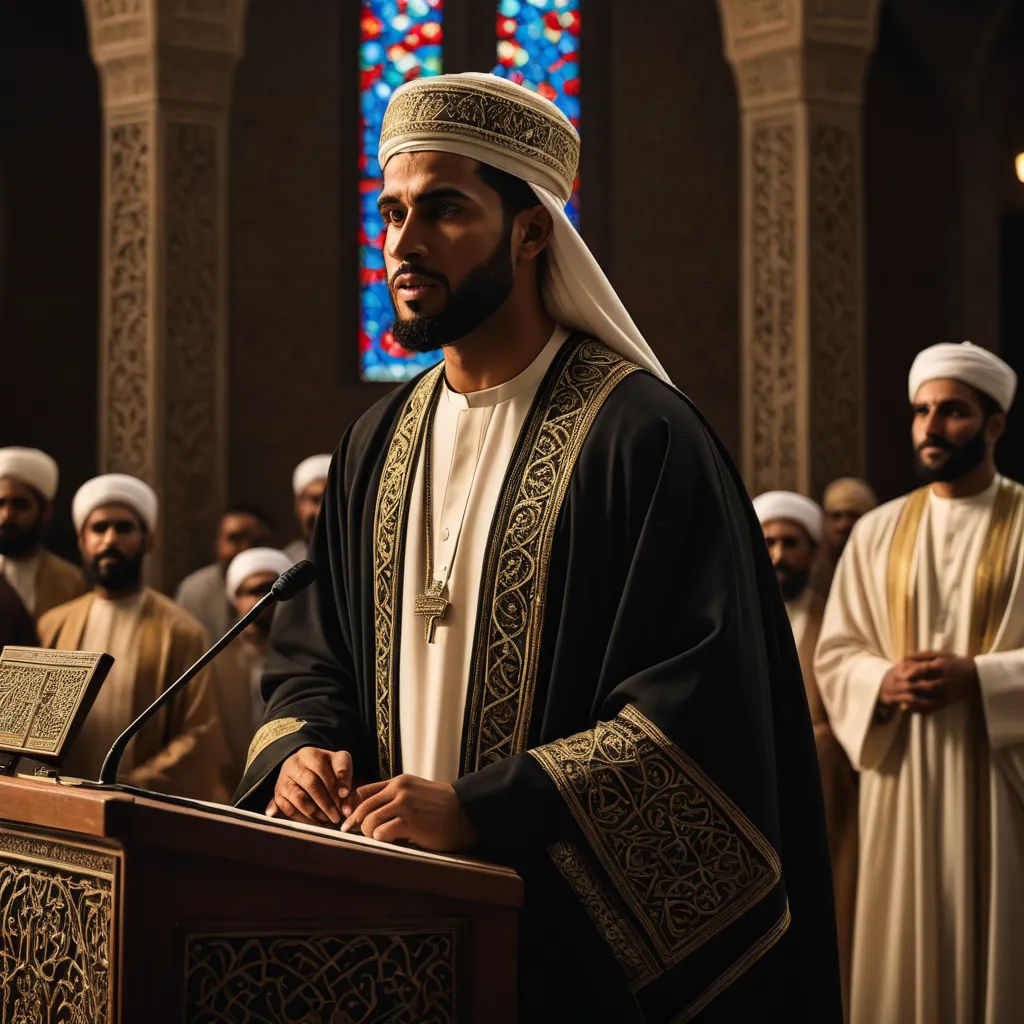
Umar's wisdom and eloquence continue to inspire millions of Muslims worldwide. His teachings and sayings remain a source of guidance, reflecting his deep understanding of religion and his commitment to its values.
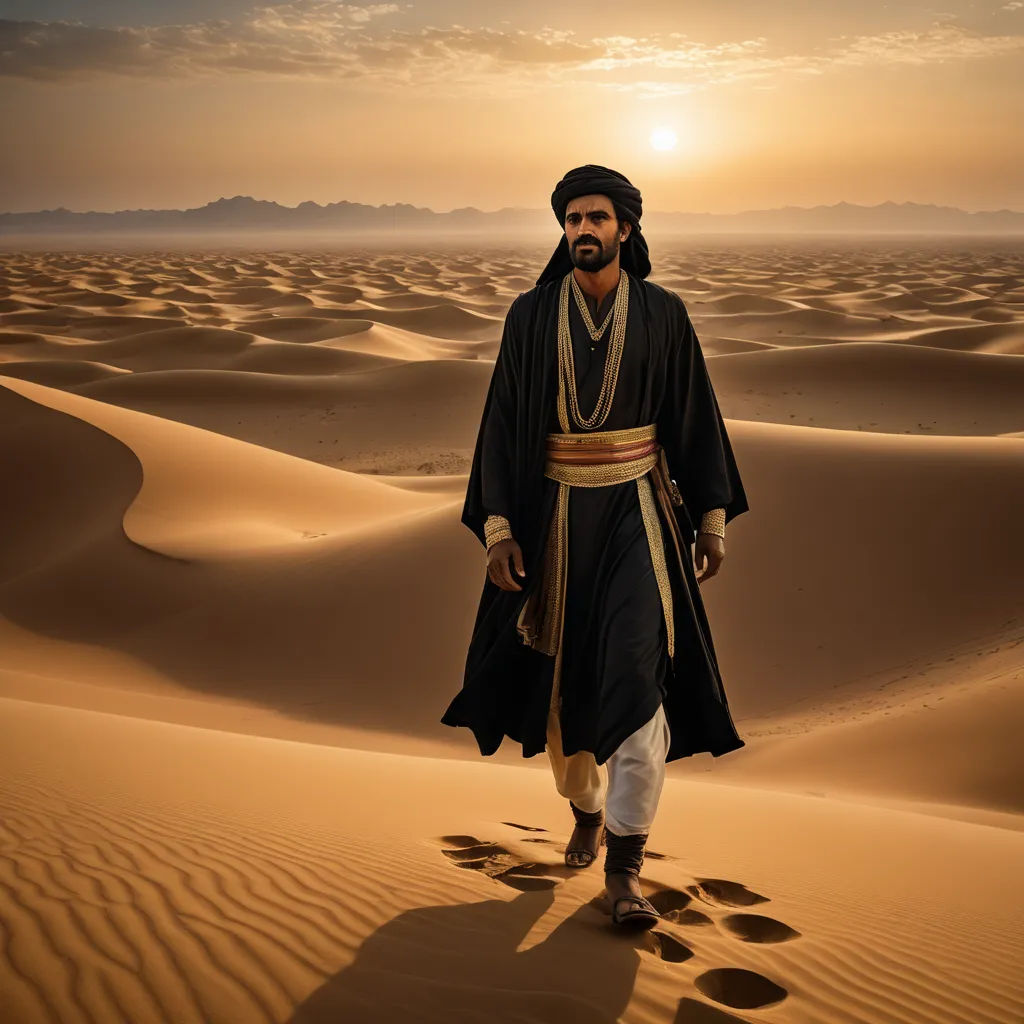
The story of Umar Ibn al-Khattab is a journey of redemption. It is a tale of a man who transcended his past, embraced a new faith, and used his influence to spread justice and wisdom.
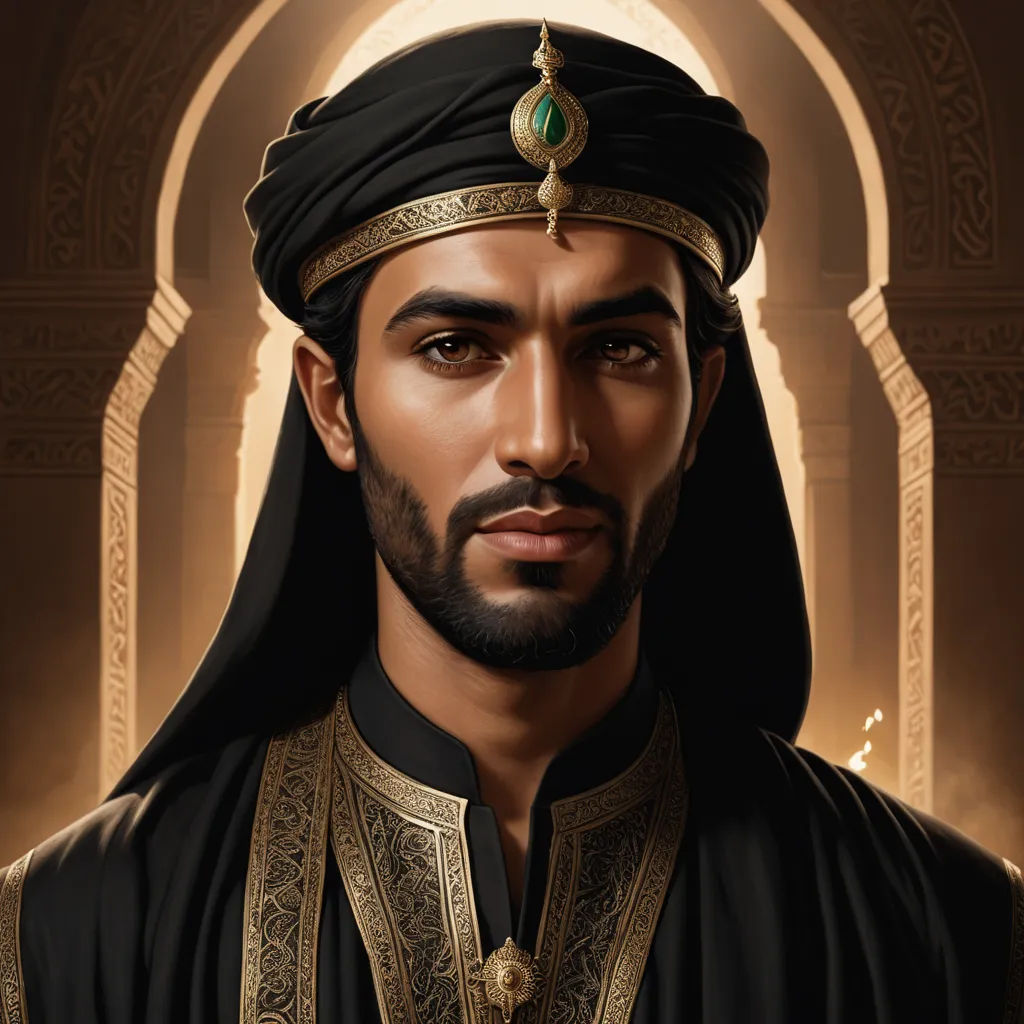
His legacy continues to be a beacon of light, guiding millions on their path towards righteousness. Umar Ibn al-Khattab's life is a testament to the transformative power of faith and the profound impact of steadfast commitment to justice and truth.

From Mecca to Medina, Umar's journey encapsulates his unwavering devotion to Islam. His life serves as a powerful reminder of the importance of faith, justice, and wisdom in shaping a prosperous and harmonious society.
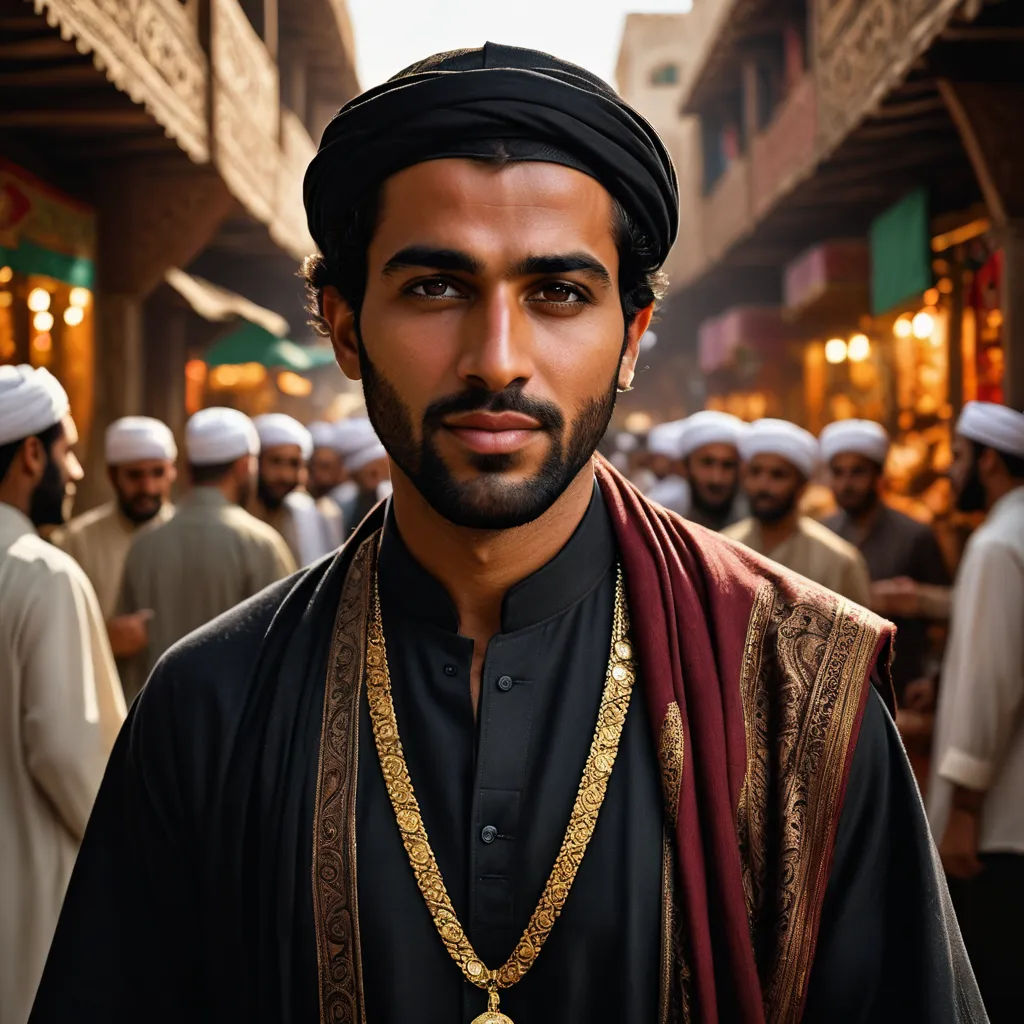
Umar's influence extended beyond his lifetime, leaving an indelible mark on the pages of Islamic history. His legacy continues to inspire, guide, and enlighten, making his story one of redemption, faith, and justice.

His life demonstrates the transformative power of faith and the profound impact it can have on an individual's life. Umar's story is a testament to his remarkable journey from an opponent of Islam to one of its strongest supporters.

Umar's commitment to justice and fairness continues to resonate with millions around the world. His teachings and sayings remain a source of inspiration and guidance, reflecting his deep understanding of religion and his commitment to its values.
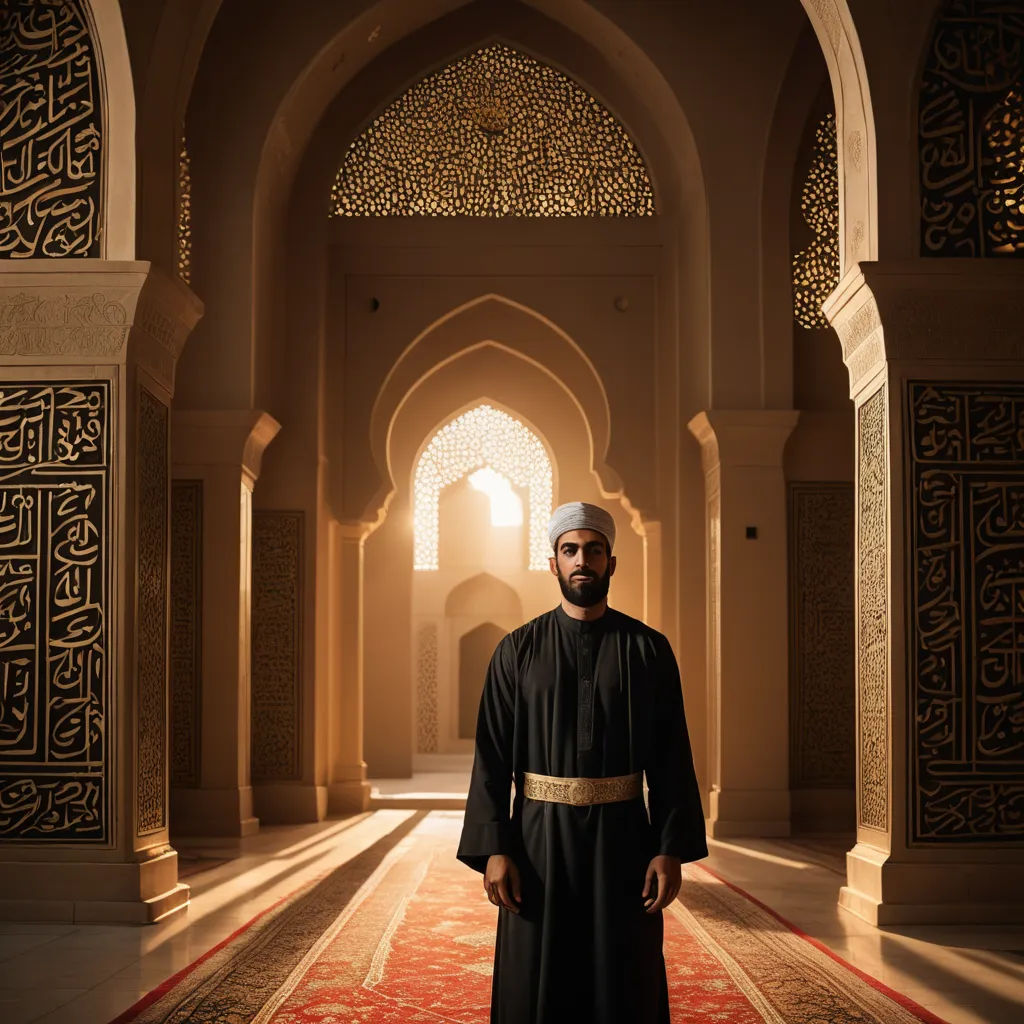
His wisdom, eloquence, and foresight are immortalized in his sayings. They serve as a beacon of guidance for those seeking to understand the essence of Islam and its teachings.
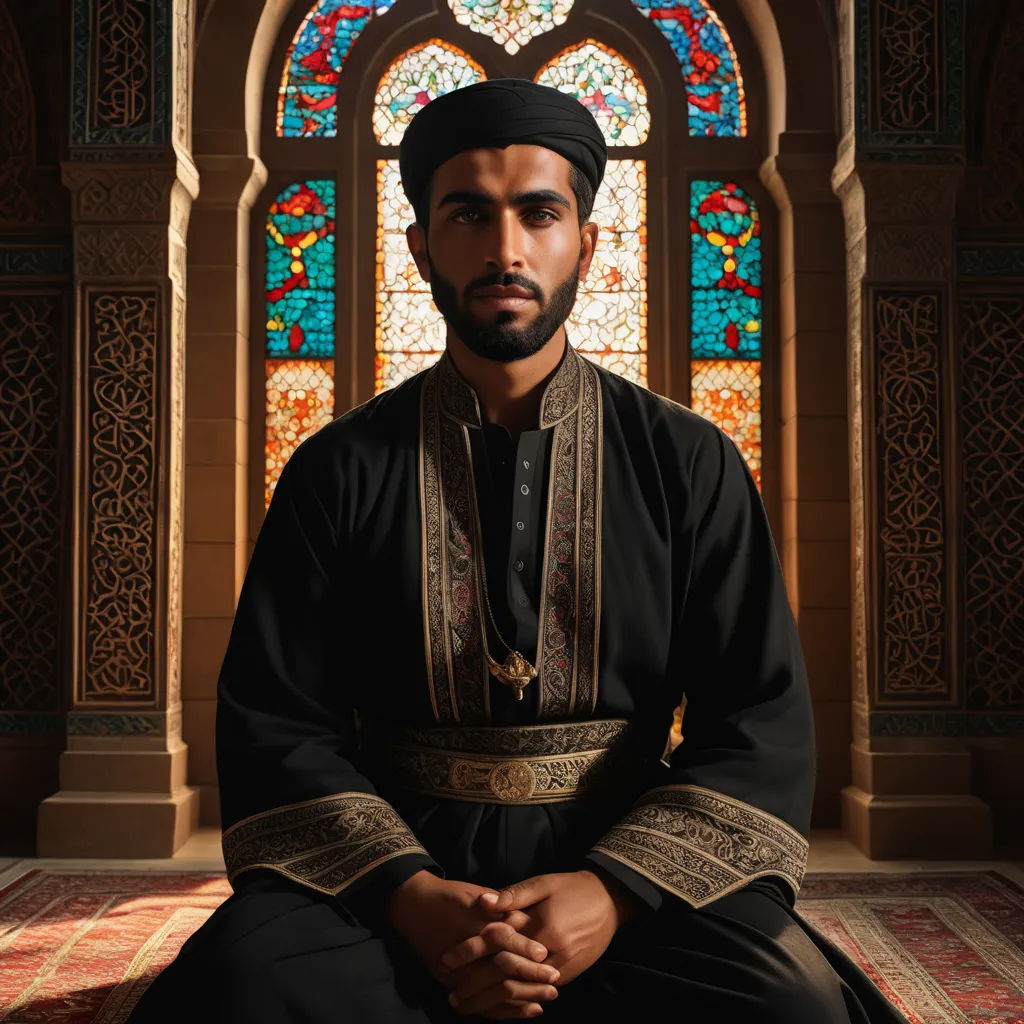
Umar's life is a testament to the transformative power of faith and the profound impact it can have on an individual's life. His journey from a staunch opponent of Islam to one of its greatest proponents is truly inspiring.